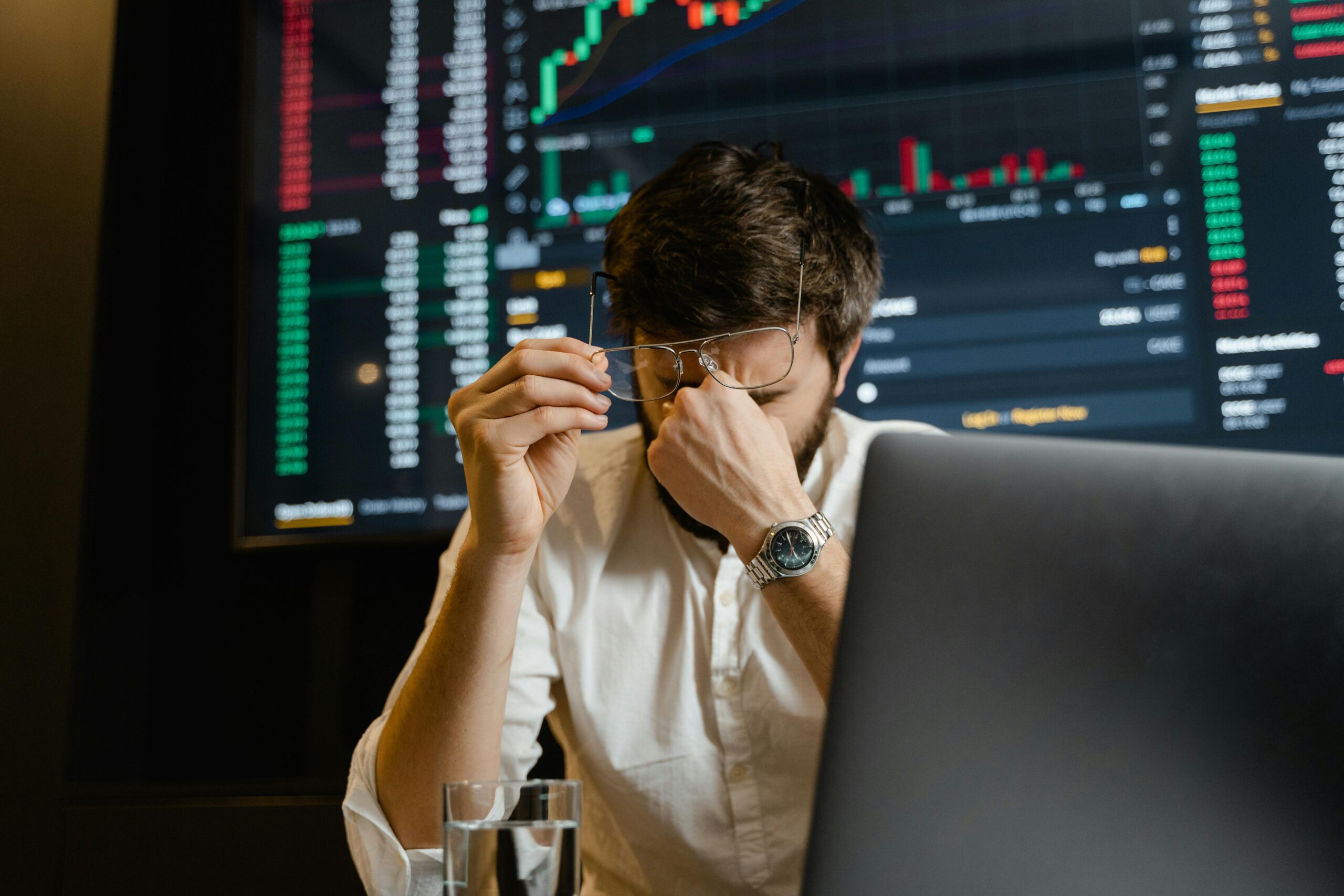What should you do if a stockbroker in India goes bankrupt? Generally speaking, your capital or money remains secure. It’s not as if the broker can simply take it away.
Consider the example of Harshad Mehta, who was deemed guilty and had his Grow More Research and Asset Management barred by the Securities and Exchange Board of India (SEBI). Despite this, investor funds at the firm were unaffected.
Firstly, it’s important to understand that stockbrokers act only as intermediaries. They don’t have unfettered access to your money, nor can they just abscond with it. You may, however, instruct them on how to use the funds you have with them.
Here’s why your stocks, shares, and mutual funds are beyond direct access by your broker:
For Stocks and Shares
Your assets are held in a Demat account (short for ‘dematerialized’), allowing you to keep stocks and other securities electronically. These accounts are actually maintained at depositories, either the Central Depository Services (India) Limited (CDSL) or the National Securities Depository Limited (NSDL), both approved by SEBI and established by the Indian Government’s Ministry of Finance (MoF).
At no time are your stocks and shares kept with the brokerage or the broker personally. They act just as a platform, as previously mentioned. Their role is to execute trades according to your directions using the funds in your trading account.
For Mutual Funds
Your mutual fund investments are held by asset management companies (AMCs). Thus, even if a firm like Groww were to close down, your mutual funds would remain secure at the AMC.
What Should You Do If Your Broker Closes Down?
The crucial point is that your shares and other securities are secure in electronic form with the NSDL, CDSL, or the relevant AMC.
You should pay attention to your trading account, the account where your broker manages money transactions on your behalf. Should such an unfortunate event happen, it’s necessary to seek compensation from the Investor Protection Fund (IPF), which SEBI has set up for this purpose. Claims for compensation must be filed within three years, as stipulated by SEBI, to be eligible for reimbursement.
Key Takeaways
- Stocks and shares are securely held in electronic form at their respective depositories. Brokers cannot access them.
- Shares and stocks reside electronically at the Central Depository Services (India) Limited (CDSL) and the National Securities Depository Limited (NSDL).
- Mutual fund units are held by asset management companies (AMCs).
- Brokers serve as intermediaries and cannot operate your trading account without your approval. They also cannot use your account funds for their own activities.
- Should a broker cease operations, apply for compensation for your trading account through the Investor Protection Fund established by SEBI.

